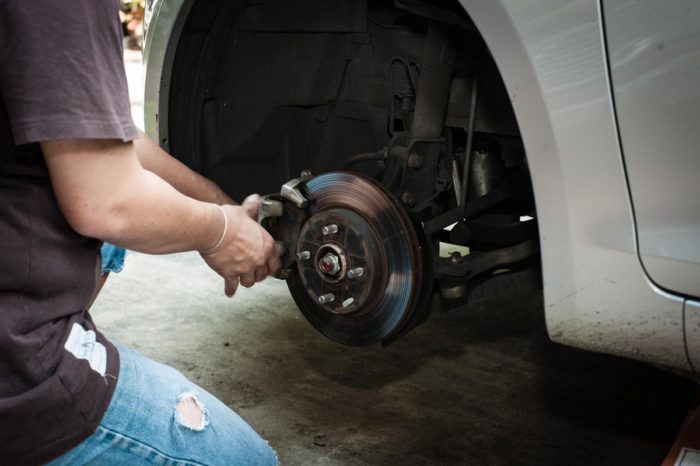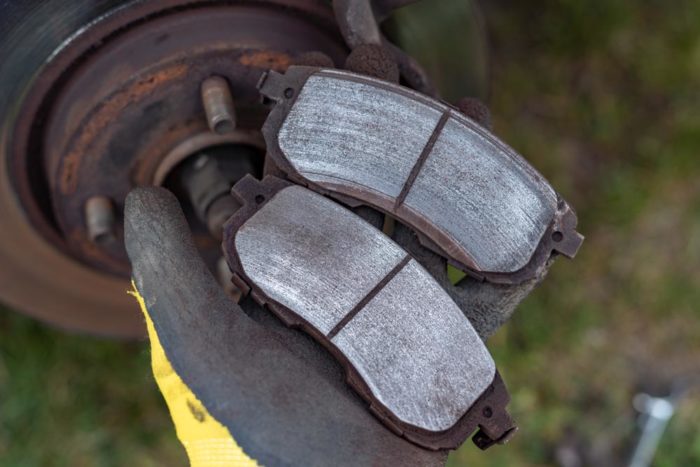When it comes to operating commercial vehicles, compliance with the Department of Transportation (DOT) regulations is crucial. DOT violations can lead to hefty fines, penalties, and even the suspension of your commercial driver's license.
As a responsible driver or fleet owner, it's essential to be well-informed about the expert tips for handling DOT violations.
In this article, we will explore various strategies and best practices to help you navigate DOT violations and maintain a clean driving record.
The Importance of DOT Compliance
A) Understanding DOT Regulations
To effectively handle DOT violations, it's crucial to have a comprehensive understanding of the regulations set forth by the Department of Transportation.
These rules cover a variety of topics, such as driver qualifications, hours of service, vehicle maintenance, and cargo security. Familiarize yourself with the specific regulations that apply to your operations to ensure compliance.
B) Avoiding Penalties and Fines
DOT violations can result in significant financial consequences. By following expert tips and staying compliant, you can minimize the risk of penalties and fines.
Preventing violations not only protects your bottom line but also helps maintain a positive reputation within the industry.
Expert Tips for Handling DOT Violations
1. Regular Training and Education
Stay up to date with the latest DOT regulations and industry best practices by investing in regular training and education. Attend seminars, workshops, and webinars conducted by reputable organizations to enhance your knowledge.
By staying informed, you can proactively address potential violations and take necessary measures to prevent them.
2. Conduct Routine Vehicle Inspections
Performing routine vehicle inspections is crucial to identify any potential issues that might lead to DOT violations. Check for mechanical defects, faulty lights, tire wear, and other safety-related concerns. Regular inspections help maintain the safety and roadworthiness of your commercial vehicles, reducing the chances of violations.
3. Keep Accurate Records
Maintaining accurate and up-to-date records is essential for DOT compliance. Keep records of driver qualifications, hours of service, vehicle maintenance, and inspection reports.
Use electronic logging devices (ELDs) to accurately track driver hours and ensure compliance with hours-of-service regulations. Proper record-keeping helps you stay organized and prepared in the event of an audit or inspection.
4. Implement a Strong Safety Culture
Foster a strong safety culture within your organization by emphasizing the importance of compliance and safe driving practices. Encourage open communication between drivers and management regarding any potential violations or safety concerns.
By prioritizing safety, you create an environment where everyone is accountable for their actions, reducing the likelihood of DOT violations.
5. Respond Promptly to Violations
In the event of a DOT violation, it's crucial to respond promptly and take appropriate action. Understand the violation, assess the potential consequences, and develop a plan to rectify the issue.
Address any underlying causes and implement measures to prevent similar violations in the future. Prompt action demonstrates your commitment to compliance and helps mitigate potential penalties.
6. Seek Professional Assistance
Navigating DOT regulations can be complex, especially for those unfamiliar with the intricacies of compliance. Consider seeking professional assistance from consultants or legal experts specializing in DOT regulations.
They can provide valuable guidance, ensure you're following the correct procedures, and help you handle violations effectively.
What are the Consequences of DOT Violations?
DOT violations can result in fines, penalties, and even the suspension of your commercial driver's license. Repeat violations or severe infractions can lead to the
In conclusion, handling DOT violations requires a proactive approach, thorough knowledge of regulations, and a commitment to maintaining compliance. By following expert tips such as regular training, vehicle inspections, and accurate record-keeping, you can minimize the risk of violations and their associated consequences.







